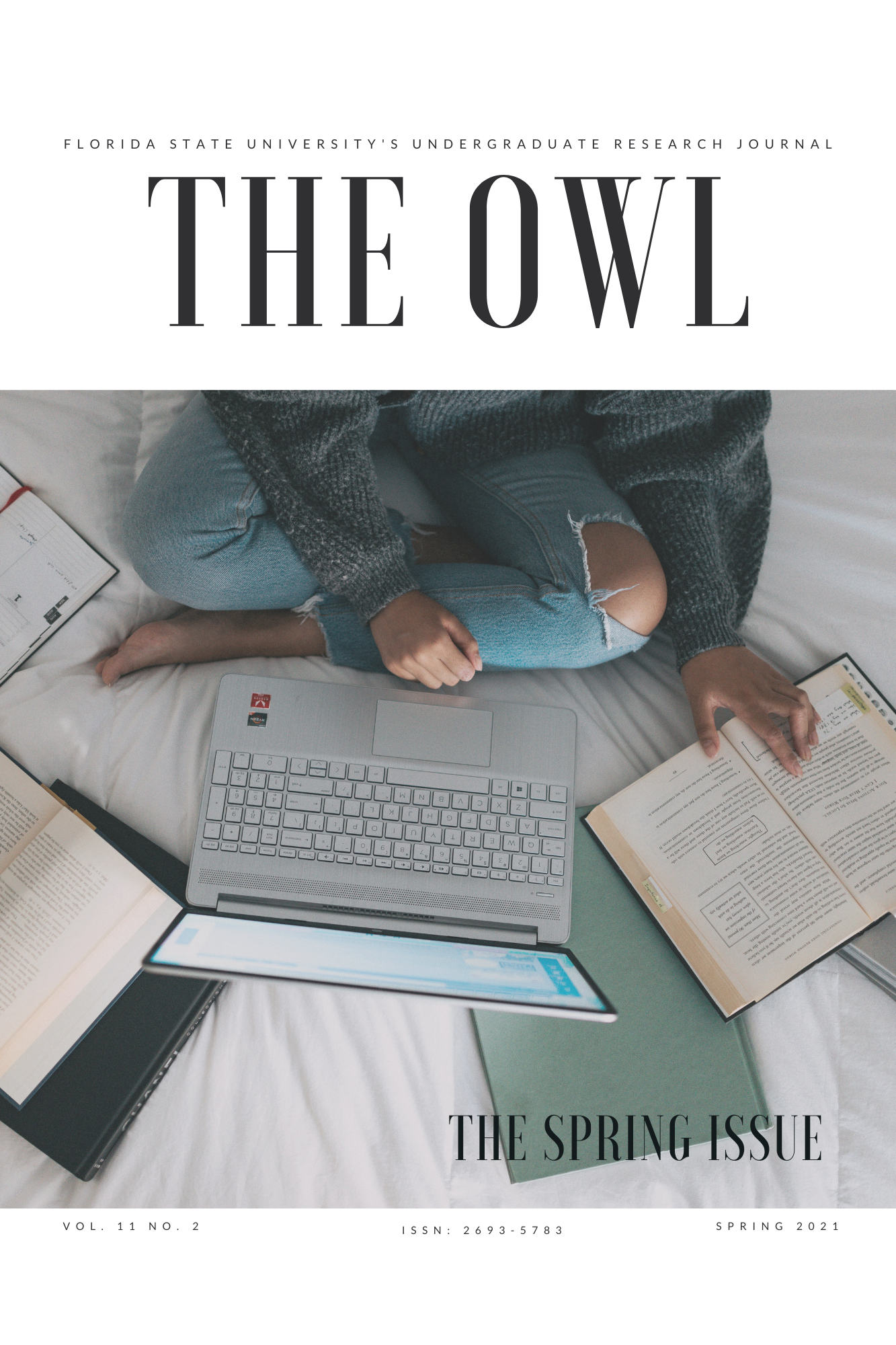The Impact of Sleep Fragmentation on Alcohol Induced Behavior
Abstract
Sleep disorders and alcohol use disorders are frequently comorbid and widely prevalent. Comorbid individuals experience an array of physiological and psychological health effects. The impact of alcohol on sleep deprivation has been studied, typically in a unidirectional manner, focusing on the impact of alcohol consumption on sleep patterns. Characterizing this relationship in a bidirectional manner is essential to the development of behavioral or pharmacological treatments. The purpose of this study was to determine the impact of sleep fragmentation on alcohol sensitivity, measured by alcohol-induced sedation and toxicity, measured by alcohol-induced mortality. Drosophila melanogaster has served as a model for sleep studies throughout published literature and are a valid model organism to investigate the relationship between sleep fragmentation and alcohol use. In this study, Drosophila melanogaster were exposed to alcohol vapor following a period of sleep fragmentation. Drosophila melanogaster that were subject to sleep fragmentation were hypothesized to display increased alcohol sensitivity and toxicity.
Specific Aim: To investigate the impact of acute and extended sleep fragmentation on alcohol-induced sedation and mortality.
Downloads
Published
Issue
Section
License
Copyright (c) 2021 Courtney Camarillo

This work is licensed under a Creative Commons Attribution-NonCommercial-ShareAlike 4.0 International License.
All works published in The Owl are published under a Creative Commons Attribution, Non-Commercial, Share-Alike (CC-BY-NC-SA) license. The author retains copyright.

